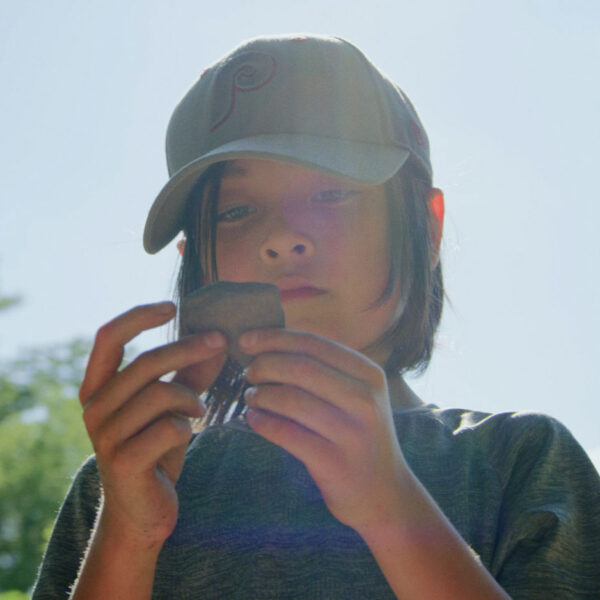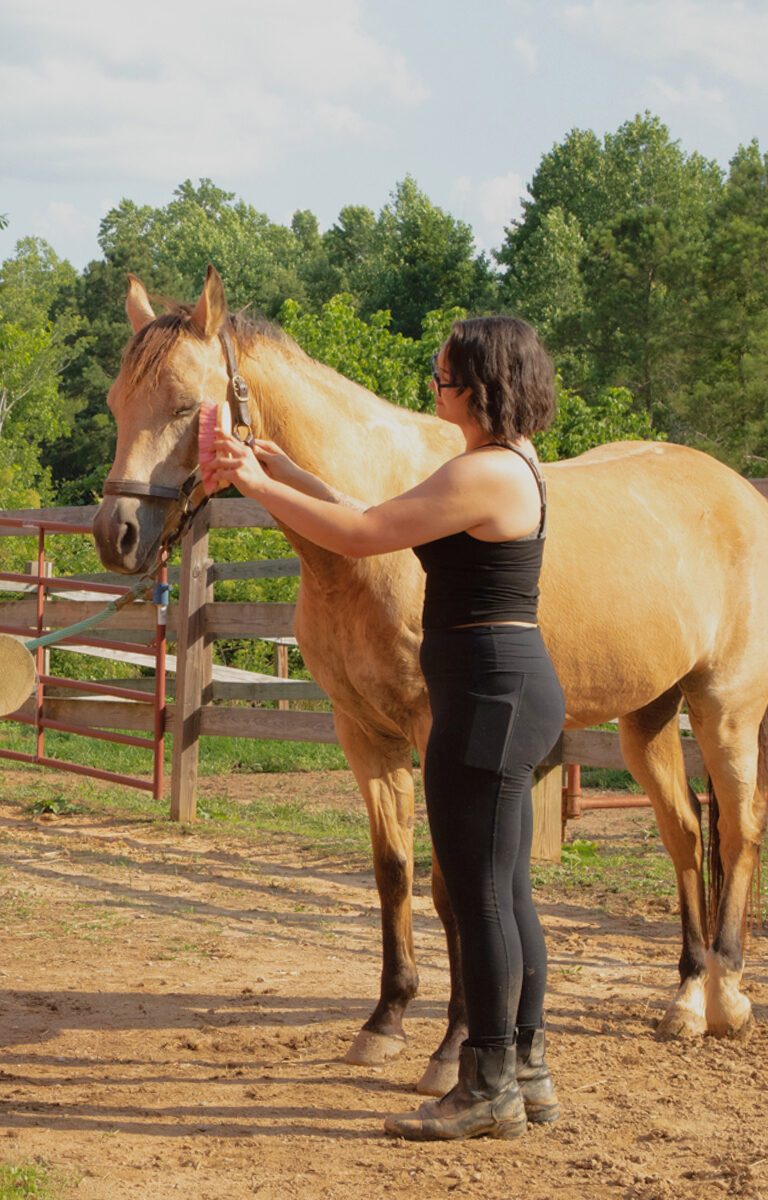Share
It’s crucial for parents to define their family’s learning goals and determine the approach best aligned with their family's values.
disrupting the pass/fail mindset

Four Things You Can Do To Try Self-Directed Education
Whether you’re currently homeschooling or attending public school, we invite you to dip your toes in the water of self-directed learning.
Read The Article HereMeaningful learning is all-encompassing, fluid, and dynamic. It’s crucial for parents to define their family’s learning goals and determine the approach best aligned with their family’s values, whether it’s prioritizing competence, low stress, joy, or human connection.
Disrupting the Pass/Fail, Good/Bad Mindset: Reflections from self-directed learner Sarah
Observations
- An Opportunity to Take Charge: Independent meaningful learning helps young people develop a sense of control and competence over their learning and lives
- Autonomy Builds Confidence: Independent meaningful learning helps young people develop a sense of control and competence over their learning and lives

What Is Self-Directed Education and How Do We Know It Works?
Peter Gray explains how and why self-directed education works—and the research to back it up.
Read The Article HereMeaningful learning means fostering a learning environment that goes beyond measuring and valuing learning as good/bad, pass/fail, right/wrong. It’s a beautiful opportunity to support the unique needs and abilities of every young person. As a result, young people develop greater agency and ownership over their own learning and explore subjects that interest them, while still covering the big, essential, and normally-avoided subjects (i.e., math) in a meaningful way.
Fluidity and flexibility in the spaces around us can come in many forms. To start, pay attention to new opportunities, feedback from your young person, and their motivation levels. This information helps create an ongoing conversation and can come together in what is best described as a flexible family agreement that facilitates agency and ownership in learning.
Flexible family agreements could be a helpful tool to:
- Name important norms
- Articulate communication preferences
- Hold one another accountable
- Support ongoing progress
Balance is key. With a positive and flexible approach, both parents and young people can enjoy a more harmonious and connected learning experience.
Questions to reflect on that may help inform your flexible family agreement:
- What are the limitations of our current arrangement? What scares me about change in this area?
- What kind of support might I need to implement any changes to match our family’s values?
- How much power do I (as an adult and parent) exert over my child? Is it possible to share the power? When and where? What makes me anxious about giving up power? You may find that power ebbs and flows with experience and comfort, but don’t suppose you should have default power because you’re the oldest/most experienced.
- What specific curriculum do I feel needs to be covered for my child, to what extent, and why? What portion of that content will be covered in life without the aid of curriculum?
- What is the end goal of an education? Is it success? How do I define success? Is the goal competence? Connection? Joy? What mixture of these defines your vision for education? When does education end?
- Does my child need to be externally motivated to learn? In only some subjects? Do they need to be gently nudged to meet the expectations of our family agreement?
Have questions or feedback?
Reach out at hello@weareborntolearn.org or click the link below to join our Facebook community to talk more.


















